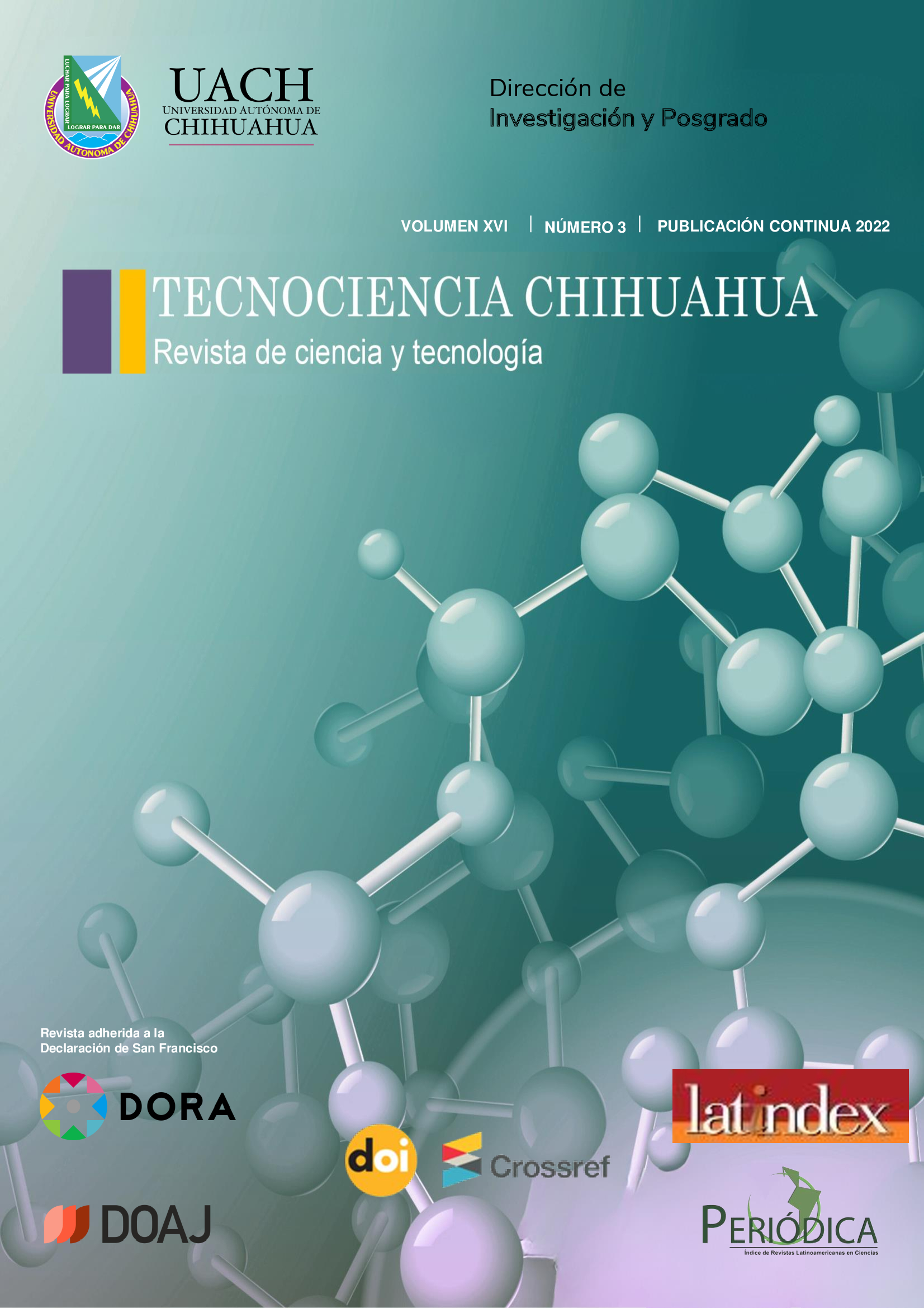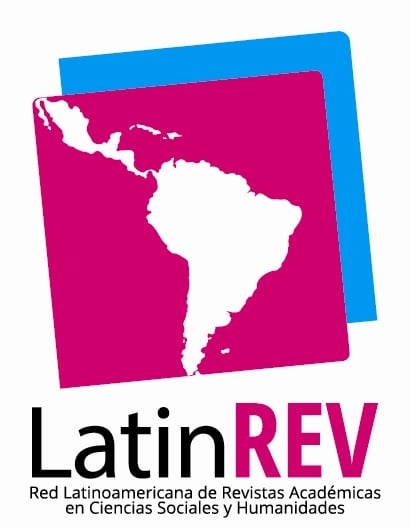Adopción parcial e integral de la filosofía Lean en la industria de manufactura eléctrica y electrónica en México
Partial and integral adoption of Lean philosophy in the electrical and electronics manufacture industry in México
DOI:
https://doi.org/10.54167/tch.v16i3.1048Palabras clave:
filosofía Lean, Sistema de Producción Toyota (TPS), Industria Maquiladora, Industria Maquiladora Eléctrica, Industria Maquiladora Electrónica, MéxicoResumen
La filosofía Lean se considera por las organizaciones de manufactura de todo el mundo como un enfoque gerencial crucial para mejorar el desempeño operativo. Este documento se enfoca en conocer en qué grado se han adoptado las técnicas Lean dentro de la industria maquiladora en México. El objetivo de la presente investigación consiste en analizar si estas técnicas se han adoptado de forma integral o parcial utilizando como modelo de investigación la Casa del Sistema de Producción Toyota, en la industria maquiladora de manufactura eléctrica y electrónica en México. A partir de una muestra de 83 plantas maquiladoras de estos sectores, se clasificaron por medio de un análisis de clúster en plantas con una adopción parcial o integral y un alto grado de implementación de estas técnicas de acuerdo al modelo de investigación. Los resultados muestran evidencia de que la mayoría de las plantas bajo estudio muestran una adopción parcial de estas técnicas y un menor porcentaje de estas plantas ha realizado una adopción integral con un alto grado de implementación.
Descargas
Citas
Abdallah, A., S. Dahiyat & Y. Matsui. 2019. Lean research and innovation performance. Management Research Review, 41(2): 239-262. https://doi.org/10.1108/MRR-10-2017-0363
Baker, B. 2016. Why a lean transformation is like competing in the Olympics. Industry Week. https://bit.ly/3iVj3h0
Bicheno, J. & M. Holweg. 2009. The Lean Toolbox: The Essential Guide to Lean Transformation. Production and Inventory Control, Systems and Industrial Engineering (PICSIE) Books.
Chávez-Pineda, J. 2022. Adopción parcial e integral de las prácticas del sistema técnico de Lean en la industria maquiladora de manufactura en México. RECAI Revista De Estudios En Contaduría, Administración e Informática 11(30): 28-50. https://doi.org/10.36677/recai.v11i30.16919
Chávez-Pineda, J. 2021. Grado de implementación de las prácticas del sistema técnico de administración esbelta en la industria maquiladora de manufactura de México. RECAI Revista de Estudios en Contaduría, Administración e Informática 10(28): 41-68. https://doi.org/10.36677/recai.v10i28.15295
Chen, Z. 2015. The relationships among JIT, TQM and production operations performance. Business Process Management Journal 21(5): 1015-1039. https://doi.org/10.1108/BPMJ-09-2014-0084
Dave, Y., & N. Sohani. 2019. Improving productivity through Lean practices in central India-based manufacturing industries. International Journal of Lean Six Sigma 10(2): 601-621. https://doi.org/10.1108/IJLSS-10-2017-0115
Doolen T.L., & M.E. Hacker. 2005. A review of Lean assessment organizations: An exploratory study of Lean practices by electronics manufacturers. Journal of Manufacturing Systems 24(1): 55-67. https://doi.org/10.1016/S0278-6125(05)80007-X
García-Alcaraz, J.L., J.R. Díaz-Reza, C. Sánchez-Ramírez, J. Limón-Romero, E. Jiménez-Macías, C.J. Lardies & M.A. Rodríguez-Medina. 2021. Lean Manufacturing Tools Applied to Material Flow and Their Impact on Economic Sustainability. Sustainability 13 (19): 10599. https://doi.org/10.3390/su131910599
Ghosh, M. 2012. Lean manufacturing performance in Indian manufacturing plants. Journal of Manufacturing Technology Management 24(1): 113-122. https://doi.org/10.1108/17410381311287517.
Guajardo-Quiroga, R.G. 2007. Assessing the impact of maquiladora industry in Mexico: An interindustry analysis. Review of Urban & Regional Development Studies 10(2): 109-122. https://doi.org/10.1111/j.1467-940X.1998.tb00090.x
Hernández, J. C. & M. A. Vizán. 2013. Lean manufacturing. Concepto, técnicas e implantación. Editores EOI Escuela de Organización Industrial. https://www.eoi.es/es/savia/publicaciones/20730/lean-manufacturing-concepto-tecnicas-e-implantacion
Japanese Management Association .1985. Kanban and Just in Time in Toyota. Productivity Press. ISBN-10: 0915299488
Jasti, K.V.N., & R. Kodali. 2014. A literature review of empirical research methodology in lean manufacturing. International Journal of Operations & Production Management 34(8): 1080-1122. https://doi.org/10.1108/IJOPM-04-2012-0169
Lander, E. & J.K. Liker. 2007. The Toyota production system and art: Making highly customized and creative products the Toyota way. International Journal of Production Research 45 (16): 3681-3698. https://doi.org/10.1080/00207540701223519
Lean Certification Alliance. 2021. Society for Mechanical Engineers. https://www.sme.org/training/lean-certification/about-the-lean-certification-alliance/
Liker, J.K. 2004. The Toyota Way. Mc Graw-Hill, New York. ISBN: 9780071392310
Liker, J.K., & J.M. Morgan. 2006. The Toyota Way in Services: The Case of Lean Product Development. Academy of Management Perspectives 20 (2): 5-20. https://doi.org/10.5465/AMP.2006.20591002
Marksberry, P. 2012. The Modern Theory of the Toyota Production System: A Systems Inquiry of the World’s Most Emulated and Profitable Management System. CRC Press. ISBN 9781466556744.
Monge, C., J. Cruz & F. López. 2013. Impacto de la manufactura esbelta, manufactura sustentable y mejora continua en la eficiencia operacional y responsabilidad ambiental en México. Información Tecnológica 24 (4): 15-32. https://doi.org/10.4067/S0718-07642013000400003.
Nawanir, G., L. K. Teong & S.N. Othman. 2013. Impact of lean practices on operations performance and business performance Some evidence from Indonesian manufacturing companies. Journal of Manufacturing Technology Management 24(7): 1019 -1050. https://doi.org/10.1108/JMTM-03-2012-0027
Negrão L.L., M.C. Filho & G. Marodin. 2016. Lean practices and their effect on performance: a literature review. Production Planning & Control 28(1): 1-24. https://doi.org/10.1080/09537287.2016.1231853
Netland T.H & K. Ferdows. 2016. The S-curve effect of lean implementation. Production and operations management 25 (6): 1106-1120. https://doi.org/10.1111/poms.12539
Ohno T. 1988. The Toyota production system: Beyond large scale production. Productivity press. ISBN 9780915299140
Papadopoulou, T.C. & M. Özbayrak. 2005. Leanness: Experiences from the journey to date. Journal of Manufacturing Technology Management 16 (7): 784-807. https://doi.org/10.1108/17410380510626196
Piña, R., J. León & J. Preciado. 2018. Nivel de implementación de manufactura esbelta en la industria maquiladora de Hermosillo y Guaymas-Empalme, Sonora. RECAI Revista de estudios en Contaduría, Administración e Informática 7(20): 36-51. https://recai.uaemex.mx/article/view/11283/9369
Prabhushankar, G.V., K. Kruthika, P. Souradeep & K. S. Rajeshwar. 2015. Lean manufacturing system implementation in Indian automotive components manufacturing sector - an empirical study. International Journal of Business and Systems Research 9(2): 179-194. https://doi.org/10.1504/IJBSR.2015.069442
Productivity Development Team. 1999. Cellular Manufacturing: One-piece flow for work teams. Productivity Press. ISBN 9781563272134
Psomas, E. & J. Antony. 2019. Research gaps in Lean manufacturing: a systematic literature review. International Journal of Quality and Reliability Management 36(5): 815-839. https://doi.org/10.1108/IJQRM-12-2017-0260
Seddon, J. & S. Caulkin. 2008. Systems thinking, lean production and action learning. Action Learning: Research and Practice 4(1): 9-24. https://doi.org/10.1080/14767330701231438
Setianto, P. & A. Haddud. 2016. A maturity assessment of lean development practices in manufacturing industry. International Journal of Advanced Operations Management 8(4): 294-322. https://doi.org/10.1504/IJAOM.2016.084150
Shah, R. & P. T. Ward. 2003. Lean manufacturing: context, practice bundles, and performance. Journal of Operations Management 21(2): 129-149. https://doi.org/10.1016/S0272-6963(02)00108-0
Spear S. & H. K. Bowen 1999. Decoding the DNA of the Toyota Production System. Harvard Business Review 77(5): 96-106. https://hbr.org/1999/09/decoding-the-dna-of-the-toyota-production-system
Suárez‐Barraza, M.F., J. Ramis‐Pujol & L. Kerbache. 2011. Thoughts on kaizen and its evolution: Three different perspectives and guiding principles. International Journal of Lean Six Sigma 2(4): 288-308. https://doi.org/10.1108/20401461111189407
Suzaki, K. 1987. The New Manufacturing Challenge: Techniques for Continuous Improvement. Free Press, Collier Macmillan Publishers. ISBN10 0029320402.
Taj, S. & C. Morosan. 2011. The impact of lean operations on the Chinese manufacturing performance. Journal of manufacturing technology management 22(2): 223-240. http://dx.doi.org/10.1108/17410381111102234
Velázquez, L., N. Mungía, M. Navarrete & A. Zavala. 2006. An overview of sustainability practices at the maquiladora industry in Mexico. Management of Environmental Quality 17(4): 478-489. https://doi.org/10.1108/14777830610670535
Venkat Jayanth, P., P. Prathap, P. Sivaraman, S. Yogesh & S. Madhu. 2020. Implementation of lean manufacturing in electronics industry. Materialstoday: Proceedings 33(1): 23-28. https://doi.org/10.1016/j.matpr.2020.02.718.
Womack J. P. & D. T. Jones. 1996. Lean Thinking—Banish Waste and Create Wealth in your Corporation. Journal of the Operational Research Society 48: 1148. https://doi.org/10.1057/palgrave.jors.2600967
Wong Y.C. & K.Y. Wong. 2011. Approaches and practices of lean manufacturing: The case of electrical and electronics companies. African Journal of Business Management 5(6): 2164-2174. https://academicjournals.org/journal/AJBM/article-abstract/F7BD45622910
Yadav, V., R. Jain, M.L. Mittal, A. Panwar & M.K. Sharma. 2019. An appraisal on barriers to implement lean in SME's. Journal of Manufacturing Technology Management 30(1): 195-212. https://doi.org/10.1108/JMTM-12-2017-0262
Publicado
Cómo citar
-
Resumen495
-
PDF224
-
HTML68

















